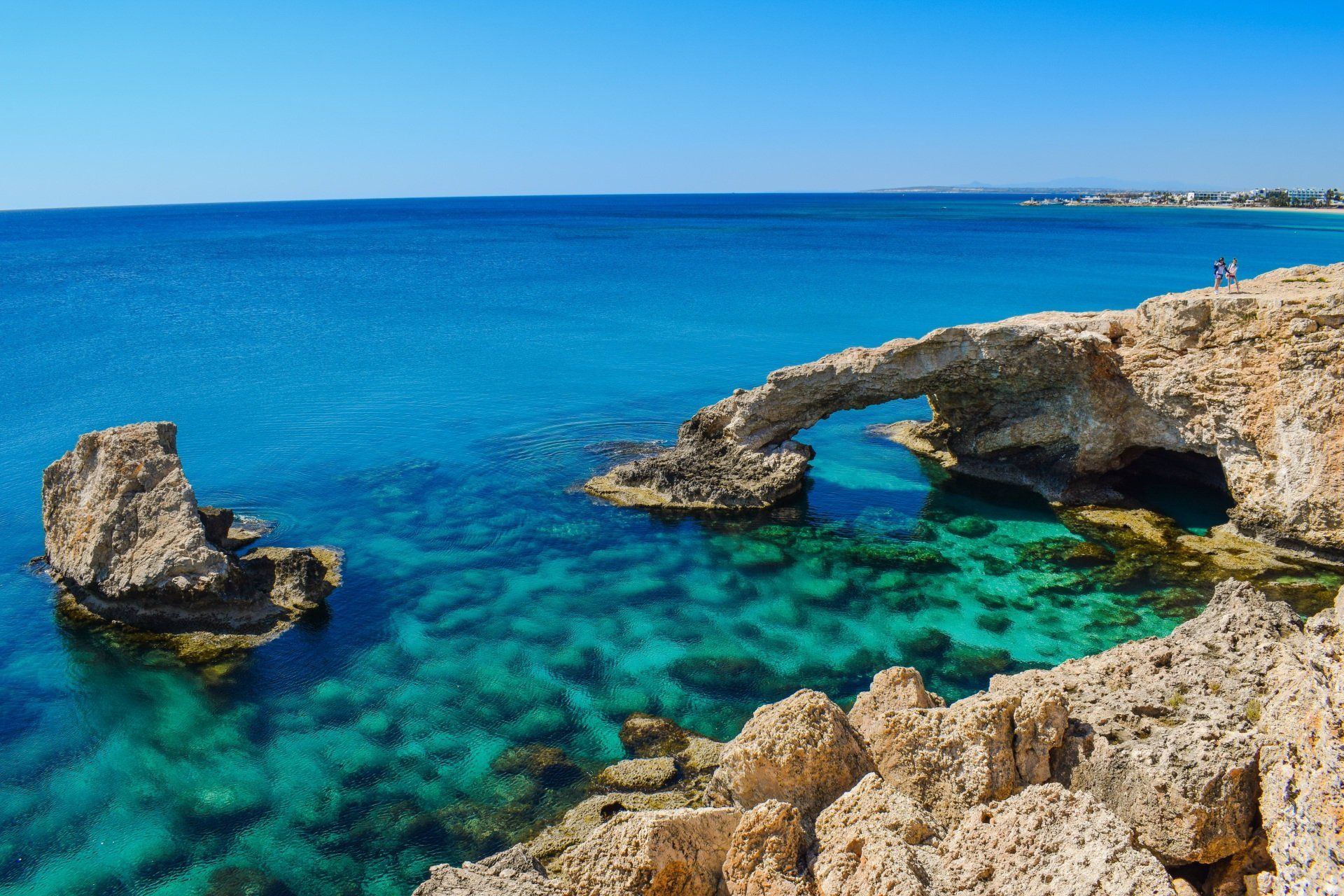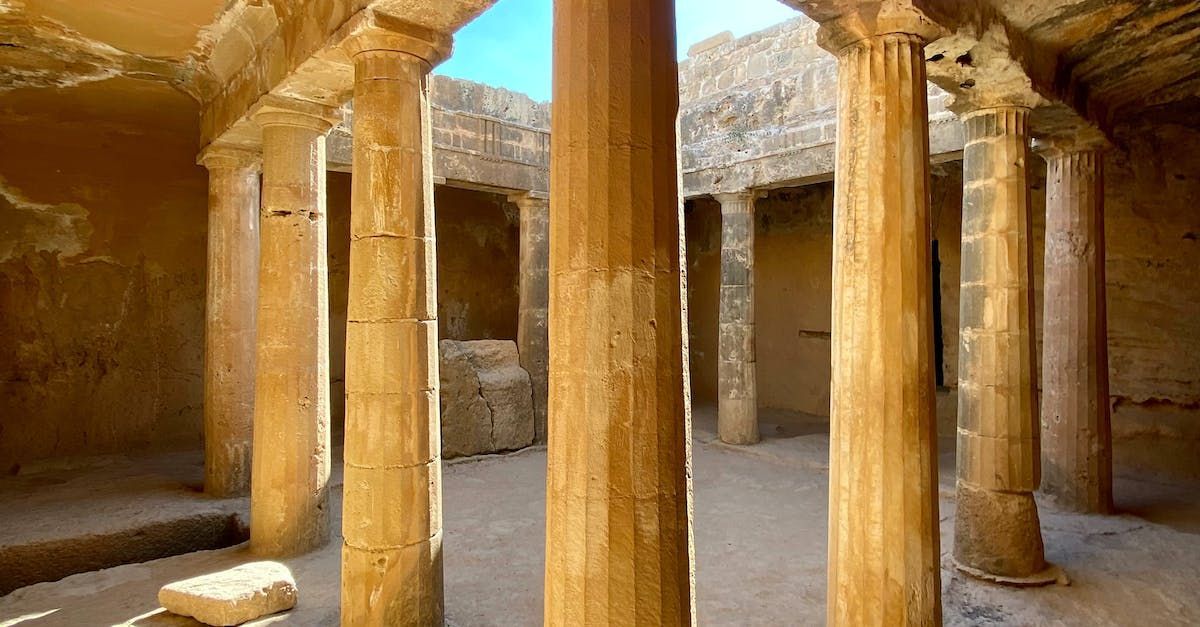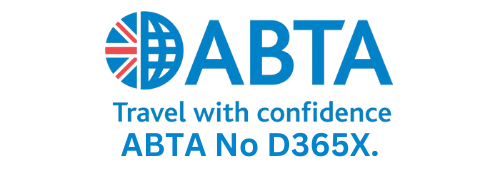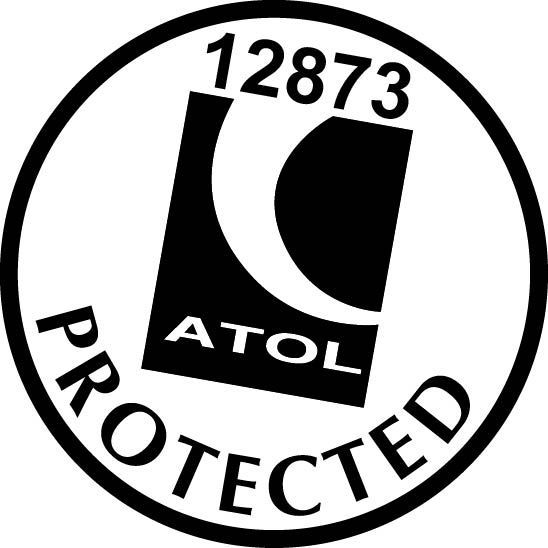Cyprus


Cyprus: The Island of Aphrodite Beckons
Cyprus, an island at the crossroads of continents, cultures, and histories, is a compelling blend of East and West, ancient and modern. Bathed in sunshine and wrapped in the deep blue of the Mediterranean Sea, it offers more than just a picturesque beach holiday. It is steeped in mythology and endowed with natural beauty, from mountainous pine forests to shimmering shores. Whether you're delving into the ruins of ancient kingdoms or indulging in the pleasures of a seaside resort, Cyprus is full of surprises.
Best Time to Travel
The best time to visit Cyprus is during the shoulder seasons, from March to May and September to November, when the weather is mild and the tourist crowds are thinner. The hot summer months from June to August see peak tourist traffic to the island's renowned beaches.
Key Places to Visit
Nicosia: The capital stands unique as the last divided city in Europe, offering a rich history and vibrant culture in both its Greek Cypriot and Turkish Cypriot sections.
Paphos: A UNESCO World Heritage site with stunning mosaics and mythological ties to the goddess Aphrodite.
Limassol: Known for its medieval castle, bustling port, and the annual Limassol Carnival.
Ayia Napa: While famed for its lively nightlife, Ayia Napa also boasts some of the most beautiful beaches on the island, including Nissi Beach.
Troodos Mountains: Home to quaint villages, Byzantine monasteries, and the majestic Mount Olympus.
Larnaca: Not just a gateway to the island with its international airport, but also home to the serene Salt Lake and the Hala Sultan Tekke mosque.
Tips for First-time Travellers
Language: Greek and Turkish are the official languages, with English widely spoken due to the island's status as a former British colony.
Currency: The Euro (EUR) is the official currency in the Republic of Cyprus. The Turkish Republic of Northern Cyprus uses the Turkish Lira (TRY), though euros are often accepted.
Tipping: Tipping is customary in Cyprus, and around 10% in restaurants is standard if a service charge hasn't already been added.
Transport: Renting a car is arguably the best way to explore the island, with well-maintained roads and traffic driving on the left as in the UK.
Safety: Cyprus is considered a safe destination with a low crime rate, but usual safety precautions are advised.
Cultural Etiquette: Respect the cultural and religious differences between the Greek and Turkish areas. Be mindful when photographing border areas.
Electrical Sockets: Cyprus uses the UK-style three-pin electrical sockets, so UK travellers won't need an adapter.
Flying Time from the UK
Flights from London to Larnaca or Paphos typically take around 4.5 hours, offering UK travellers a relatively short journey to a sun-soaked escape.
Capital City & Timezone
Nicosia is the capital, intriguingly split into Greek Cypriot and Turkish Cypriot sides. Cyprus operates on Eastern European Time (EET), which is two hours ahead of Greenwich Mean Time (GMT+2) and shifts to GMT+3 during daylight saving time.
Before you go.....
Cyprus enchants visitors with its archaeological treasures, pristine beaches, mountain trails, and vibrant urban life. It's an island where history is woven into the very fabric of daily life, and where the legends of gods and goddesses seem to come alive against the backdrop of azure seas and rugged hills. Whether it's the call of adventure, the lure of history, or the simple joy of relaxation, Cyprus offers an alluring retreat for every traveller. It's a place where the welcome is as warm as the Mediterranean sun and where every visit leaves a lasting imprint on your soul.




